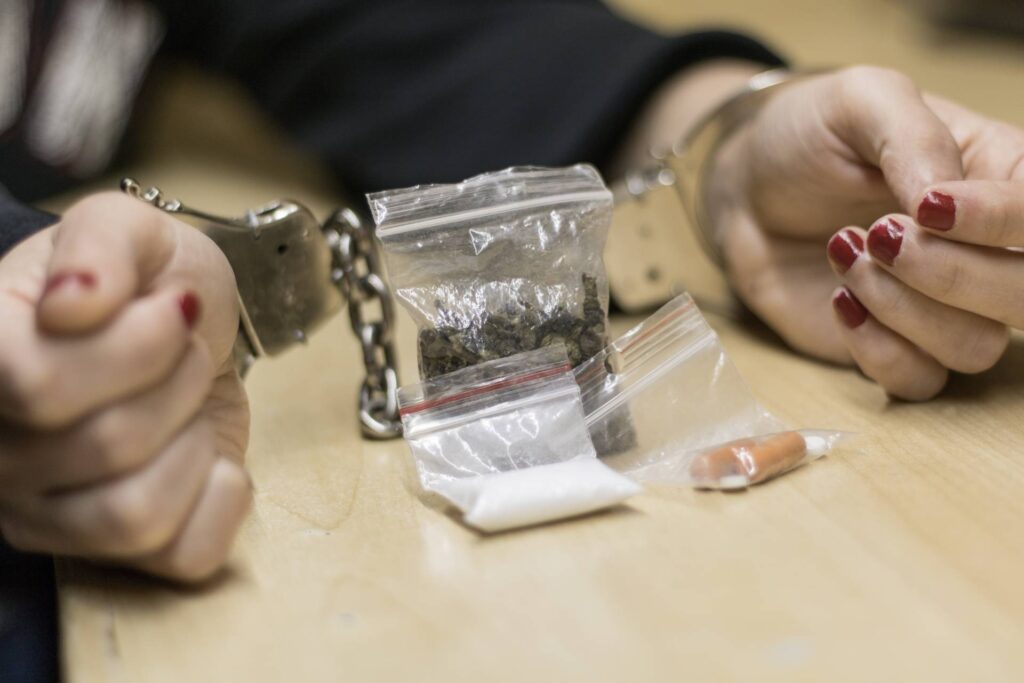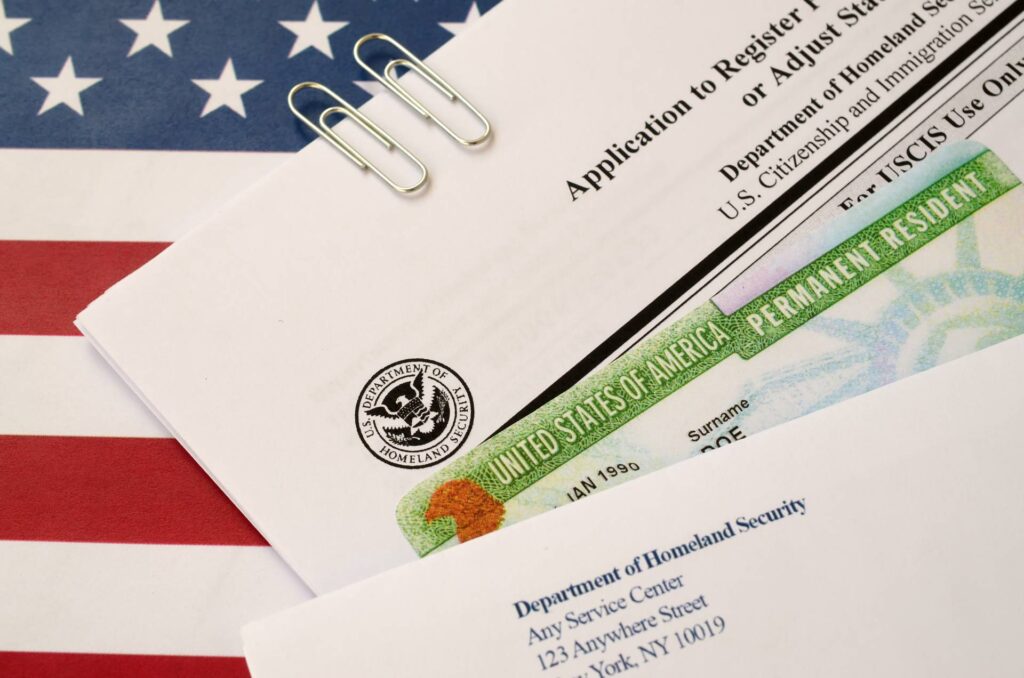What Happens During An Indictment?
An indictment is defined as the moment in which a person is formally charged with a criminal offense. The indictment enables a government prosecution of a suspected criminal actor for the offenses charged in the indictment. Generally speaking, an indictment in Massachusetts is the term used for when a decision is made to move forward with criminal proceedings after a person has been charged with a crime. Grand jury indictments are required under Massachusetts state law before a person can be accused of a crime in this state.
After indictment, in certain cases, the District Attorney’s office of Massachusetts sometimes decides to prosecute a criminal case in the Massachusetts Superior Court instead of the District Court, which is most often used. The Superior Court, as its name suggests, holds strong jurisdiction over all crimes, so hearing a case in the Massachusetts Superior Court is reserved for only the most serious, and often egregious of cases
Typically speaking, less serious offenses are heard in the Massachusetts District Courts, sometimes referred to as Municipal Courts. The Massachusetts District Courts cannot hear cases that are accompanied by the penalty of a sentence in state prison. District courts can only hear crimes that are penalized via a house of correction sentence or, rather, no jail sentence at all.
If a minor offense or misdemeanor occurred at the same time as a serious felony (a felony so serious that it would be heard in the Massachusetts Superior Court), then the Superior Court will most likely hear both the misdemeanors and felonies from that case at the same time, in the same court.
What Does A Grand Jury Do?
Grand juries are a randomized group of people from the community who are called to hear accusations and witness testimonials presented by the prosecution. Juries are selected from lists of registered voters and those who hold driver’s licenses in Massachusetts. Members of the grand jury are screened for bias and ability to think rationally and without preconceived notions about the potential criminal case they are deliberating on.
These deliberation proceedings, called “ex parte” (one-sided) proceedings, are held in secret. Even though they are secret, the defendant who is formally charged will receive a transcript (referred to as “minutes” of all the testimony and evidence that was presented to the members of the grand jury.
Prosecutions at the Superior Court Level can only begin after someone has been indicted, or formally brought up on charges for a criminal offense. After someone has been indicted for the crime, the District Attorney’s office will present an accusation before the grand jury, using eyewitness testimonial to strengthen the assertions of the case. This is referred to as the prosecution’s “presentment.”
After the presentation is over, the grand jury then will vote to decide whether or not enough evidence was presented to indict the person accused of the crime. If the jury votes to indict the person, the criminal case begins,
Can You Challenge An Indictment?
Once an accused person has been indicted, that person can challenge grand jury proceedings using a handful of reasons and justifications. This is one of many reasons why it’s not only helpful to reference the grand jury minutes – but to also hire a sharp, hardworking lawyer who can help you fight back against these accusations.
The laws that govern challenging a grand jury indictment can quickly become complex and difficult to understand. If a lack of probable cause exists, an individual can challenge an indictment for this reason. If the trial court agrees that there is a lack of probable cause, and that the grand jury did not have enough evidence for the indictment or they used false or misleading evidence, it may be dismissed.
For example, if grand jury indictments are based on evidence that was acquired through illegal search and seizure or self-incrimination, the indictment may be dropped as this is considered unconstitutional.
Schedule A Free Case Evaluation With Toland Law Today
In Massachusetts, if you are convicted of a crime, you may be sentenced to time in the state prison or the county house of correction. If the charges you are facing cannot result in a state prison sentence, it is a misdemeanor. If the charges can result in a state prison sentence, it is considered a felony.
Attorney Paul Toland is a former assistant district attorney who has been aggressively fighting for the rights of those charged with anything from misdemeanors to serious felonies.
Call Toland Law today to schedule a free, no-risk case evaluation. If you’ve been indicted with a crime in Massachusetts, you need to act fast to ensure your rights are protected and that you have a chance at minimizing your penalties as best as possible.








